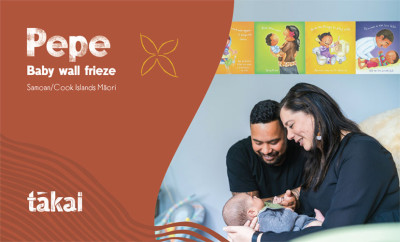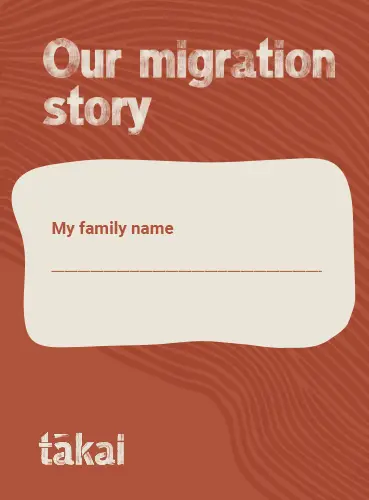
Encouraging Pacific language
Immersing young children in their own Pacific language, even from before birth, supports learning and development, and contributes to greater cultural identity and connection.
Ko te tama a te manu e fafaga i na ika, ka ko te tama a te tagata e fafaga i na kupu.
Our language keeps our culture strong
There are many benefits for New Zealand Pacific families and children to continue to speak or learn Samoan, Fijian, Niuean, Tongan, Cook Islands Māori, Tokelau, Tuvalu, Rotuman and Kiribati languages.
Speaking our traditional languages passes customs and traditions on to our children and supports them to feel connected and proud of their culture and where their āiga (family) have come from.
Research has shown that bilingual children tend to have better cognitive skills and problem-solving skills. Being able to speak two languages will also make it easier if they want to learn other languages too.
Encourage āiga to speak their Pacific language or practise what they know with their children. Hearing the sounds of the language, even from before birth, will support baby to create the sounds, be more fluent and understand their different languages from an early age. That is, if they hear Cook Islands Māori regularly, they will soon recognise when someone is speaking Cook Islands Māori, compared to English.
Benefits of language learning
There are lots of benefits for children learning their Pacific language. Teaching them:
- helps preserve cultural heritage and connects children to who they are
- supports learning, improves memory recall, and being bi or multilingual makes them more able to problem-solve, multi-task and supports their brain development
- supports connection, play and bonding between children and the wider āiga .
Here are some of the ways to support children with the alphabet of their own Pacific language:
- sing the songs you know about the alphabet or make one up
- tap out the letters with your hands
- stomp out the letters with your feet
- clap your hands while saying each of the letters
- look for other things that start with the letters
- talk about the letter your child’s name starts with.













